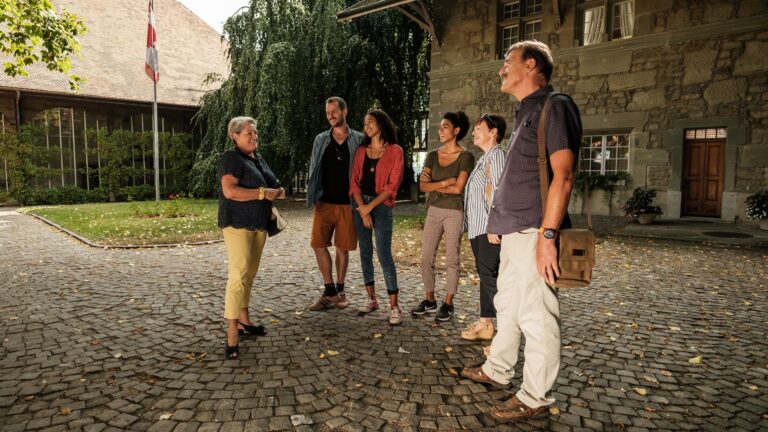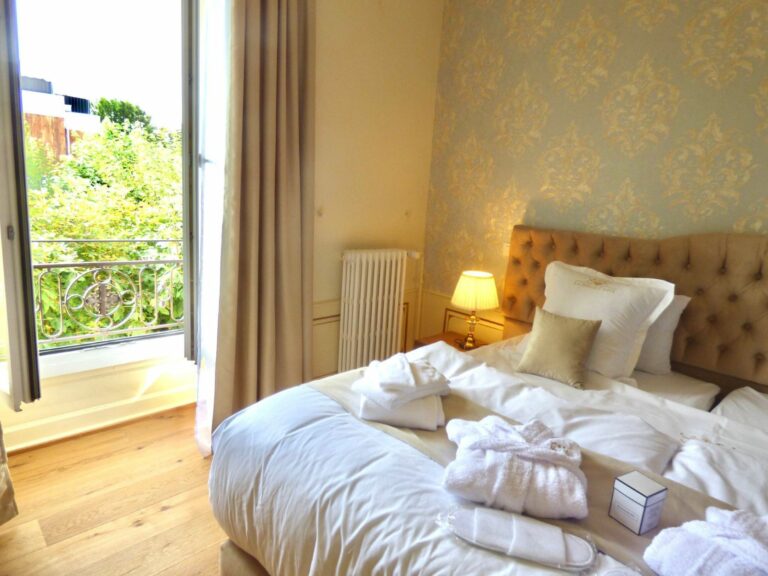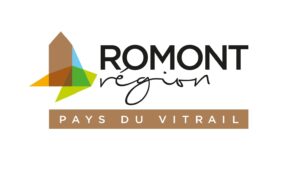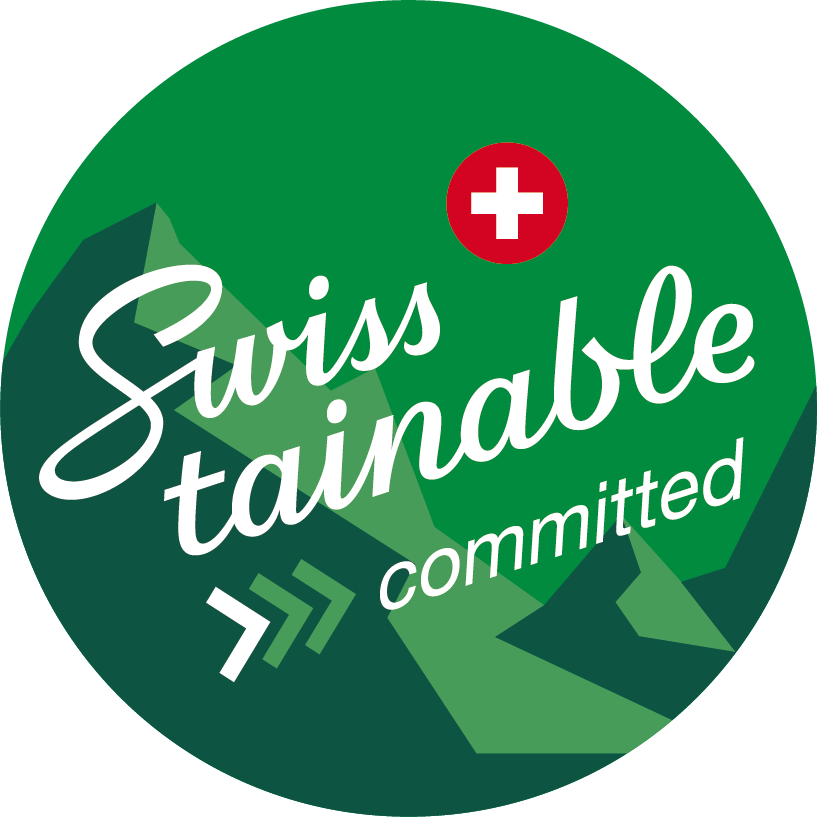The walled town of Romont, the capital of glass and stained glass, is a centre of culture. Its medieval castle, towers and ramparts are all good reasons for you to take a stroll through the centuries, to discover its history, legends and, of course, its stained glass.
Romont is the principal town of the district of Glâne in the canton of Fribourg, located on the railway line that links Geneva, Lausanne, Fribourg and Bern.
A brief history
The name “Romont” comes from the Latin “Rotundus Mons” (round hill) and dates from 1177. On this wooded hillside, Peter II of Savoy built a castle and founded a town in the 13th century. The little town saw pilgrims, travellers and merchants pass through. Its wide streets allowed markets and great fairs to be held.
The town’s cultural and architectural heritage is remarkably well preserved. You can explore it by following the history walk or, as part of a group, in a guided tour.
The Capital of Glass and Stained Glass
Glass art can be found throughout the town: in the Vitromusée Romont – the Swiss Museum of Stained Glass and Glass Art – in the churches, on house windows, on the town walls by following the Vitroparcours (the glass trail), and even in the shopping centre!
A town in the heart of the Fribourg countryside
From the top of the hill, you can enjoy a magnificent panoramic view of the surrounding countryside, the Alps and the majestic Moléson, the canton’s iconic mountain. The town, surrounded by greenery, is a place to relax. Hike along a marked footpath or take one of the many mountain bike trails that start here.
Fribourg specialities
The town’s artisan cooks and bakers have always known how to produce fine food, making the most of the excellent local produce. Restaurants, bakeries, cheesemakers and butchers will invite you to try local specialities such as Gruyère PDO (Protected Designation of Origin), Vacherin Fribourgeois PDO, Jambon de la Borne (smoked ham) and fondue. And you mustn’t miss the opportunity to try the sweet taste of Cuchaule PDO saffron bread accompanied by Bénichon mustard (Bénichon means “harvest” but the mustard is available throughout the year).
Plan your excursion

Stained Glass & Fondue
Enjoy a convivial moment after the museum!

Vitromusée Romont
Swiss museum of stained glass and glass arts

Historical tour
Romont, In the heart of a medieval town

Food & Drinks



















